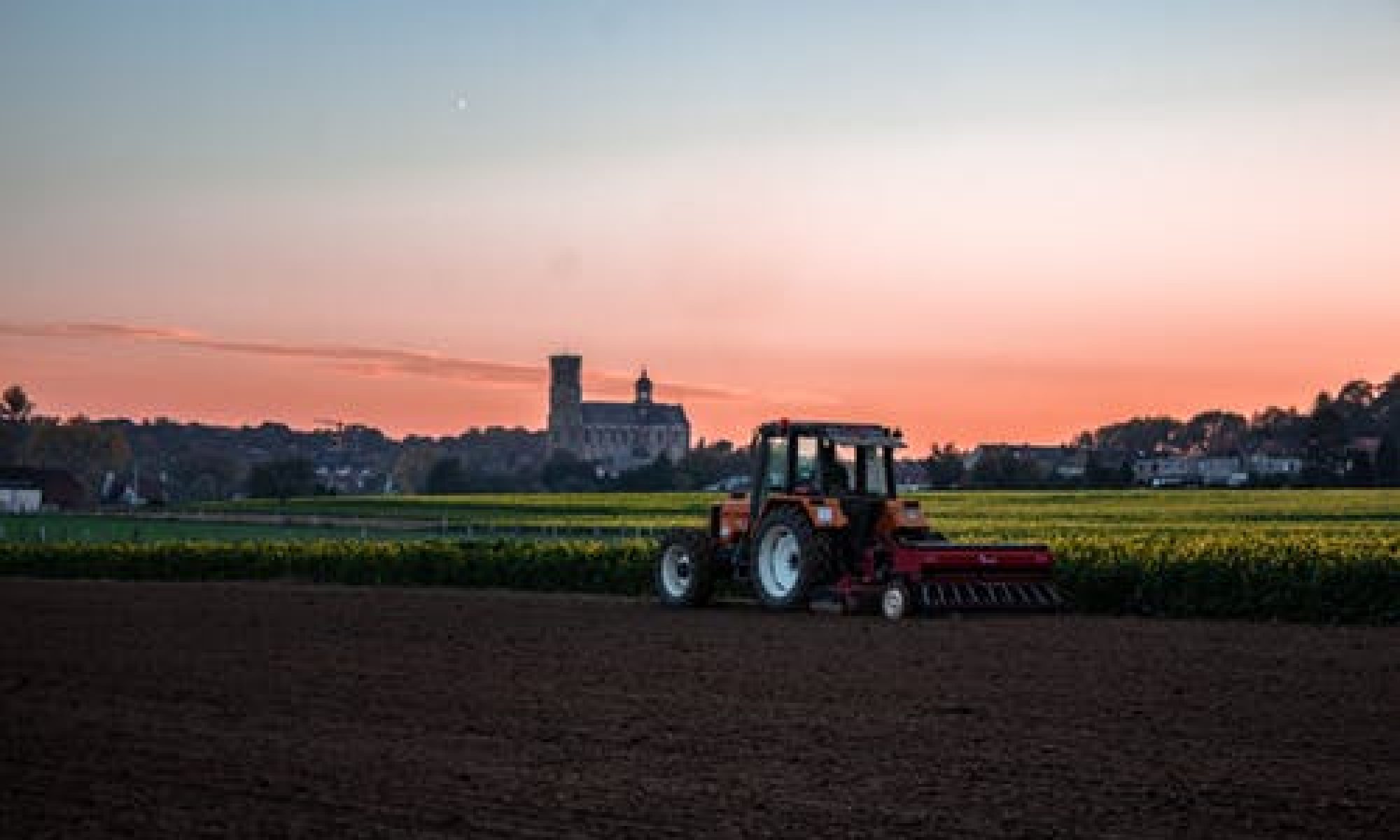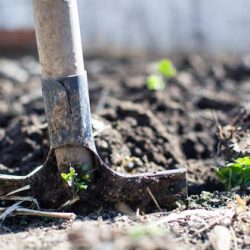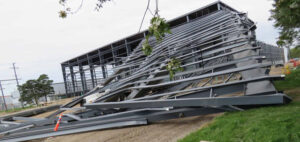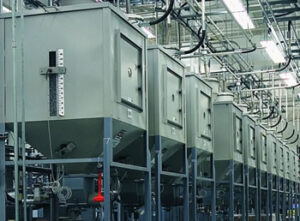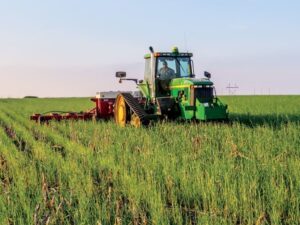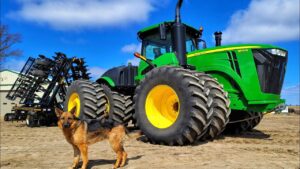The heart of any farmhouse lies in its ability to seamlessly blend rustic charm with modern functionality. One of the key elements that contribute to this balance is the presence of custom-built cabinets. These purposefully designed storage solutions not only enhance the aesthetics of a farmhouse but also play a crucial role in optimizing space and facilitating efficient organization. In this comprehensive guide, we will delve into the various types of custom-built cabinets that can elevate the farmhouse experience, combining timeless design with practical utility.
Kitchen Pantries: Preserving the Farmhouse Panache
Open Shelving for Display
Farmhouse kitchens often celebrate openness and simplicity. Incorporating open shelving in your kitchen pantry not only provides easy access to essentials but also allows you to showcase your collection of vintage dishware, mason jars, or rustic cookware. This design choice embraces the farmhouse aesthetic while promoting functionality.
Sliding Barn Doors for a Touch of Nostalgia
To enhance the farmhouse ambiance, consider using sliding barn doors for your kitchen pantry. These not only add a touch of nostalgia but also save space compared to traditional swinging doors. Opt for reclaimed wood or distressed finishes to achieve that authentic, weathered look that characterizes farmhouse design.
Mudroom Cubbies: Organized Entryways for Busy Farm Life
Built-In Bench with Storage
The mudroom is a hub of activity in a farmhouse, serving as the entry point for muddy boots, coats, and outdoor gear. A custom-built bench with built-in storage beneath provides a convenient solution for keeping the space organized. Consider incorporating cubbies for each family member, complete with hooks for hanging coats and bags.
Durable Materials for Longevity
Given the nature of farm life, it’s essential to choose materials that can withstand wear and tear. Opt for durable hardwoods or even reclaimed wood for your mudroom cabinets. This not only ensures longevity but also adds a rustic charm that complements the farmhouse aesthetic.
Farmhouse-Style Bathroom Vanities: Rustic Elegance in Personal Spaces
Freestanding Vanities with Distressed Finishes
Farmhouse-style bathroom vanities often feature freestanding designs with distressed finishes. Consider custom-built vanities with ample storage space for towels, toiletries, and other essentials. The distressed finish adds a touch of rustic elegance while concealing any inevitable signs of wear.
Vintage-Inspired Fixtures
To complete the farmhouse bathroom look, incorporate vintage-inspired fixtures such as faucets, drawer pulls, and mirrors. These details tie the custom-built cabinets seamlessly into the overall design scheme, creating a cohesive and charming space.
Living Room Entertainment Centers: Harmonizing Technology and Tradition
Concealed Storage for Electronics
In the farmhouse living room, custom-built entertainment centers can strike a balance between modern technology and traditional design. Consider incorporating cabinets with concealed storage for electronics, gaming consoles, and media accessories. This allows you to enjoy modern entertainment while keeping the farmhouse aesthetic intact.
Adjustable Shelving for Decorative Items
To maintain the farmhouse charm, include adjustable shelving for displaying decorative items like vintage books, family heirlooms, or potted plants. This combination of functional storage and display space ensures a harmonious blend of tradition and contemporary living.
Conclusion
In conclusion, custom built in cabinets play a pivotal role in enhancing both the aesthetic appeal and functionality of a farmhouse. Whether it’s the kitchen, mudroom, bathroom, or living room, purposeful design choices can seamlessly integrate storage solutions into the overall farmhouse experience. By combining timeless design elements with practical considerations, you can create a farmhouse that not only reflects the charm of yesteryears but also caters to the demands of modern living. Embrace the warmth of wood, the simplicity of open shelving, and the nostalgia of distressed finishes to craft a farmhouse that is both a sanctuary and a functional haven. The beauty of custom-built cabinets lies not only in their storage capabilities but also in their ability to tell a story—a story of tradition, resilience, and the enduring allure of farmhouse living.
